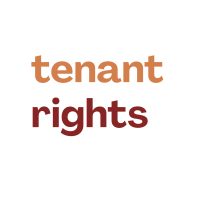Latest News
February 2026
Openings for Chittenden, Franklin, Caledonia, Essex, Orleans and Addison Counties.
February 2026
As written, this bill guts tenants’ procedural due process rights in a variety of ways.
February 2026
Faster evictions in a tight housing market will only deepen Vermont’s homelessness crisis.
January 2026
Partnership will expand access to high-quality, responsive immigration legal services across Vermont.
January 2026
Free clinics. Appointments required.



